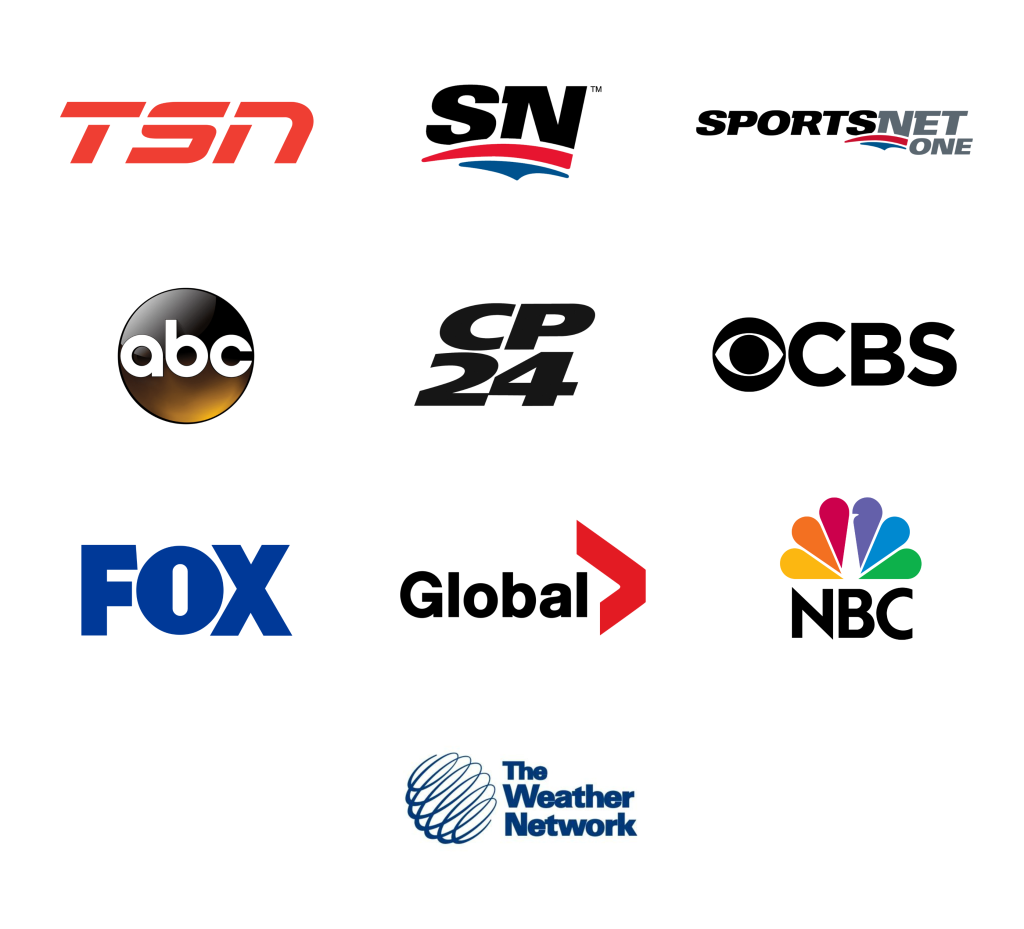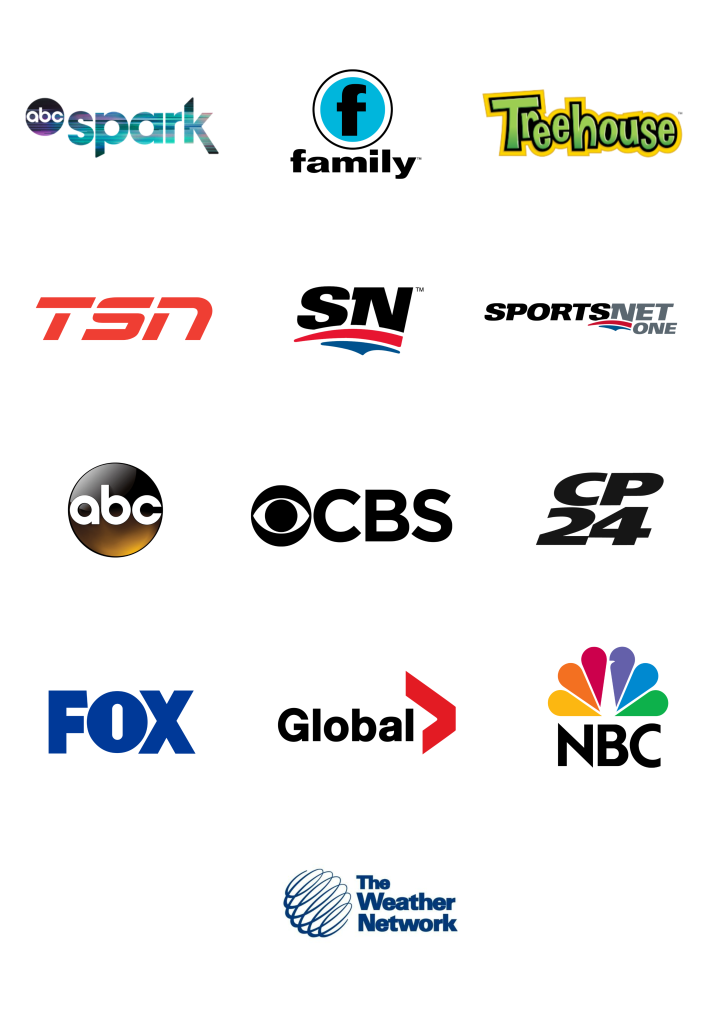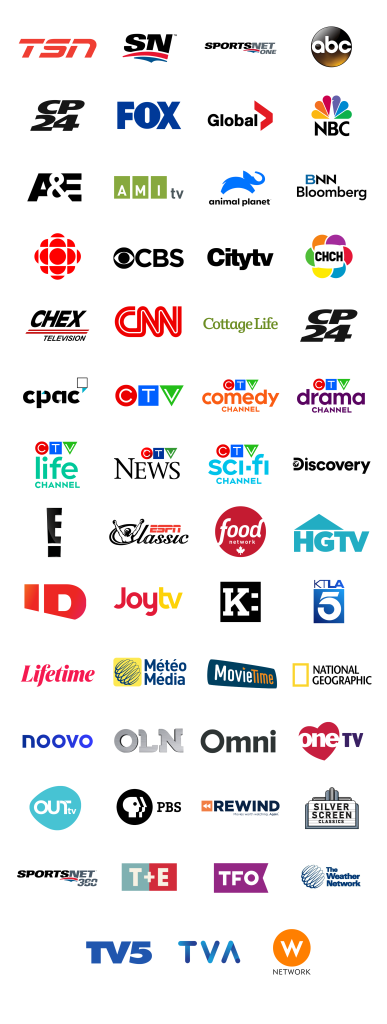
 Mar 8 2022
Mar 8 2022
When shopping around for internet providers, many people are immediately enticed by ultra-fast download speeds, often clocking in over 100Mb, and more recently at or above 1Gb. But did you know that download speeds are only one of the internet speeds that impact your online browsing?
Today, download speeds are significantly higher than what they were just 5 years ago, and much of our online activities are powered by fast download speeds. But are they as fast when you’re sending a message or posting and sharing files? That’s what makes internet speeds tricky.
Internet upload speeds are just as important, though they often lag behind internet download speeds. Upload speeds power all of your activities related to sending information online, from emails to video calls and social media posts. And as more of our online activities become interactive with the instantaneous sending and receiving of data, it’s worth finding out why upload speeds are still generally slower than download speeds —and why you need an internet plan that offers optimal speeds overall.
There are two types of internet speeds: download and upload, though most promotions just focus on the former. As a result, download speeds are what most people consider when choosing an internet plan, even when they should be considering upload speed as well.
This speed refers to how fast your device receives data, like text files, images, video, and audio data. Common activities that require fast download speeds are streaming shows or movies and music, and downloading files.
In contrast, upload speed powers everything we do to send information over the internet. This refers to how fast data is transmitted, allowing you to share your video feed on Zoom calls and live streams, make VoIP (voice over IP) calls), upload files on cloud storage, and post or send messages.
So, how fast should your upload speed be? The answer is that it depends on your daily activities. What you do online—from sending emails and refreshing your social feeds to streaming videos and accessing files—should determine the best upload speed for your everyday activities.
Here are a few things to remember when finding the right upload speed for your needs:
Is your upload speed fast enough for work from home, or even just staying in touch and keeping up-to-date? Here are the bandwidth requirements of some of the most common activities online:
Keep in mind, too, that you may not be the only one using an internet connection. Families, for instance, have a number of people on the same internet connection, each using a few devices at once, along with smart appliances connected to the home network. All of these—multiple users and devices—rely on optimal upload speeds to send data simultaneously.
Outside of your home, there’s also network traffic in your area to consider. This means you may not always be browsing and streaming at the fastest advertised speeds if too many users and devices are performing high-bandwidth activities all at once on the same network as you, like making video calls, sending large files, and live streaming.
Over the last two years, many people have had to transform their homes into home offices as well. What was once just a basic internet connection for staying connected at home has since had to work overtime throughout the workday and after-hours.
To maintain your online productivity while working from home, you need optimal upload speeds. This allows you to join meetings with crystal clear video and audio quality, send chat messages and emails, upload files, and work collaboratively on the cloud.
Like working from home, many students have also had to study at “Zoom university”—learning remotely and showing up to online classrooms. Unfortunately, slow upload speeds can severely disrupt an already less-than ideal learning experience.
And with multiple school-aged kids at home, more and more families need an upgrade to their upload speed. This allows everyone learning from home to join and stay reliably connected to their online classes, access school materials, submit assignments without running into file upload errors, take online quizzes and exams, and collaborate with their peers on group assignments.
For the best gaming experience, you need the fastest internet upload speeds. Many games rely on optimal speed to load graphics and seamless gameplay and enable live streaming and messaging, especially in multi-player games.
Gaming requires a lot more bandwidth than other online activities since gamers send data to the server and send messages and communication to other players. While some games require as little as 1Mbps, it’s best to account for 15 to 20Mbps for a seamless gaming experience.
Professional gamers certainly need more than just the basics to live stream hours of gameplay and ensure clear audio and video feeds. Consistently clear and high-quality streams allow professional gamers to grow their channels and become top creators on streaming platforms like Twitch and YouTube.
Plus, since gaming is a high-bandwidth activity, consider how much you play and how many devices are simultaneously connected to your network. Choose the fastest upload speed for seamless gaming and live streaming.
Struggling to post, upload, and live stream? It’s time to look beyond your internet download speed and see if your internet plan’s upload speed can keep up.
At Comwave, we look beyond download speeds and consider all of our customers’ needs to recommend the perfect internet package. We’ll help you determine the right internet speed for all of your daily activities. Comwave recommends plans with optimal upload and download speeds, so you can work and study from home, join video calls, upload and send large files, and build your streaming channel as a professional gamer and content creator.
Get the right upload speed for a seamless experience. Browse Comwave internet plans to find the perfect upload speed for your needs and budget.

Comwave offers fast, unlimited internet and special bundle deals at incredible value, giving you the speed you need through a reliable connection that supports all your devices.
1-866-542-6694© 2024 Comwave Networks Inc. All rights reserved.
911 has certain limitations versus traditional E-911. Details at www.comwave.net/legal



First, let us know where you live so we can make sure that we can provide service in your area.